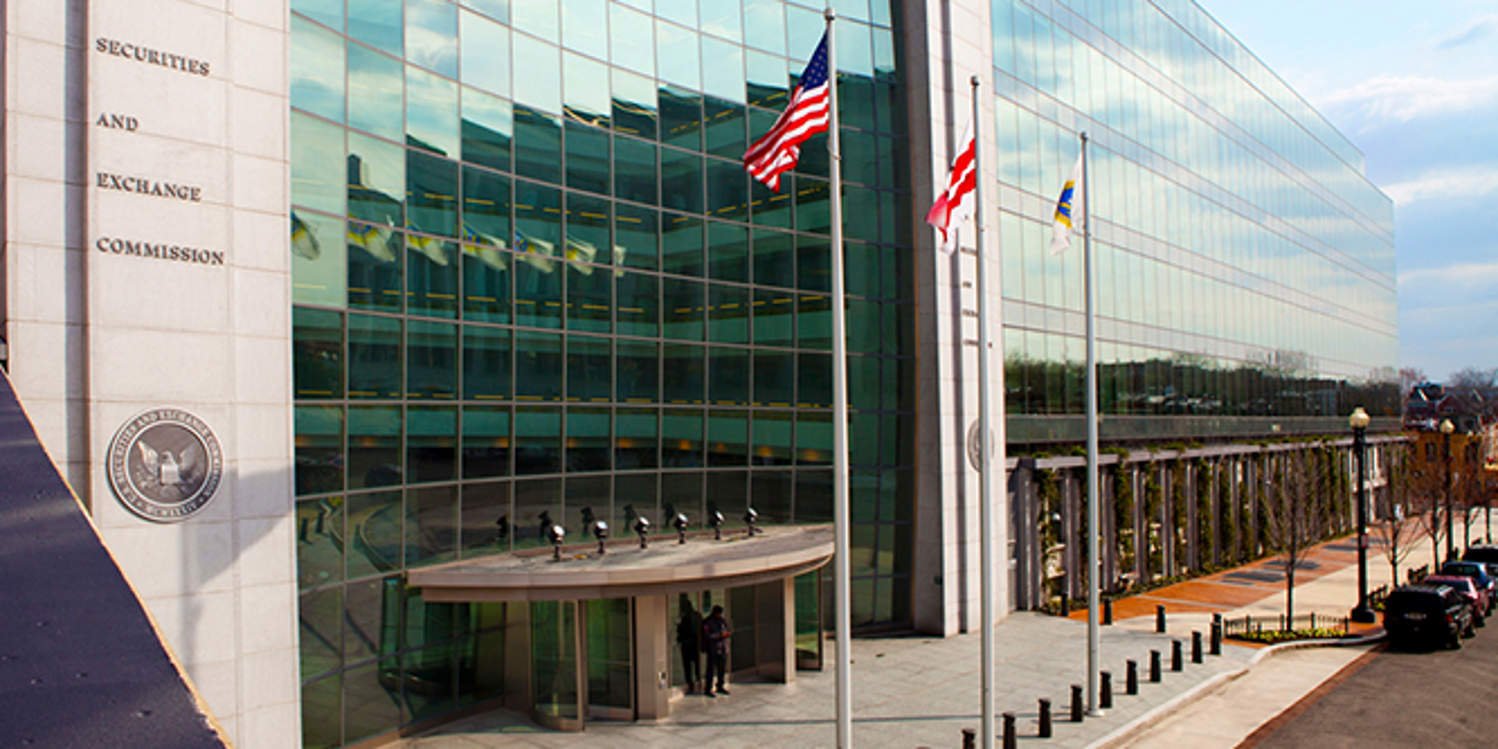
Governance Surveys

Who Benefits from a Revolving Door Between the SEC and Public Accounting Firms?
The US Securities and Exchange Commission (SEC), the primary regulator of public companies, frequently hires individuals with expertise in accounting and auditing from the public accounting industry. This movement of individuals between an industry and its regulator is often referred to as the “revolving door.”
Viewed in isolation, the potential conflicts of interest that this revolving door implies can be concerning, perhaps especially to public company directors whose organizations’ valuations depend upon the quality and credibility of their financial reporting. But directors of public companies should understand the underlying regulatory infrastructure that ultimately lends credibility to public firms’ financial reporting.
First, it is important to recognize that this revolving door is by design. In and of itself, the existence of the revolving door is not proof that somehow an industry has captured its regulator. Designing and implementing good regulation, especially for a technically complex field like financial reporting and auditing, requires lots of technical knowledge. Critically, given the rapidly changing nature of business practices and the growing complexity of business transactions and accounting standards, regulators also need to keep their technical knowledge up to date.
Acquiring and maintaining such up-to-date expertise regarding accounting or auditing is no easy task. Hiring experts from the public accounting industry is one effective way for the SEC to do so, because these individuals are best positioned to understand the current trends shaping financial reporting and auditing in the United States. In addition to recruiting from the accounting industry, the SEC also seeks industry knowledge and input in other ways, by inviting, for example, comments from the public on the rulemaking process.
While hiring experts from accounting firms and inviting comments on rulemaking provide regulators with access to relevant expertise and industry knowledge, these solutions may also arguably provide public accounting firms with an avenue to skew or lobby rulemaking to their favor. More than 90 percent of the major listed firms in this country are audited by the largest six public accounting firms, so the SEC, by necessity, usually recruits from this rather limited number of firms. As a result, one could quite easily identify a few cases of individuals from the same public accounting firm moving to or from the SEC, and conjecture that somehow this vital public regulatory agency has been undermined. The reality is rather more prosaic, however.
I had the privilege to serve as a visiting academic fellow at the SEC’s Office of the Chief Accountant (OCA) for a year. From this experience, I gained a much greater appreciation of the important tradeoffs involved with the revolving door between the SEC and public accounting firms. I believe regulators understand the tradeoff they are making, as evidenced by various controls and safeguards taken by the SEC to mitigate potential conflicts of interest.
At the SEC, individuals recruited from public accounting firms such as PwC or Deloitte must sever ties with their prior firm before joining the SEC, where they typically serve in the OCA or the Division of Corporation Finance. At OCA, they act as advisors to the other SEC divisions or offices and to the commissioners. In their role as advisors, they do not make regulatory decisions on behalf of the SEC. For example, the chief accountant of the SEC serves merely as the commissioners’ “principal” advisor on accounting and auditing matters. It is then the SEC commissioners (none of whom traditionally have been certified public accountants), not the OCA staff, who directly oversee the Public Company Accounting Oversight Board (PCAOB), the agency that writes auditing standards and supervises auditors.
Both the federal government’s ethics regulations and supplemental regulations put in place by the SEC help to curb these potential conflicts of interest. In addition, federal transparency requirements help to deter the influence of the industry over official matters undertaken by Commission staff. For example, in connection with agency rulemakings, the SEC publishes on its website all comment letters from the public, including industry comment letters, as well as meetings that occur between SEC staff and external parties related to a particular rulemaking decision. There are also internal checks and balances. In providing advice to the commissioners, the OCA staff members (some of whom are big six alumni) are just a few of the many advisory voices. Importantly, some of these alternative voices, such as Division of Economic and Risk Analysis economists or visiting academic fellows, are completely independent of public accounting firms.
As an alternative, consider a policy where the SEC would not hire from the public accounting industry when filling senior accounting and auditing advisory roles. These roles would then be entirely staffed by career regulators. While this would avoid the specific potential conflict of interest engendered by the revolving door phenomenon, career regulators likely have their own set of incentive problems. And, importantly, the SEC would lose key expertise regarding current industry practices in financial reporting and auditing. While hiring retired audit-firm partners is also an option, this, too, has its disadvantages. For example, audit practices are currently changing with the widespread adoption of big data and powerful data analytics tools. The individuals best placed to understand these developments, and the risks involved in the audit process, are, most likely, younger, newly minted partners or senior managers rather than retired partners who may have exited public accounting years ago.
Finally, it is instructive to compare regulatory setups and outcomes in the United States with those in other developed economies. European securities regulators, for one, tend to be staffed more heavily by life-time bureaucrats. The capital markets provide no evidence that this leads to better regulatory outcomes there. Indeed, consistent with a better overall capital markets regulatory system, the cross-listing premium (the boost in stock price from listing your stock in another country) only exists when listing in the United States. I believe this outcome is due, in some part, to the unmatched technical knowledge and capabilities of the SEC and its staff.

Donal Byard is an accounting professor at the Zicklin School of Business at Baruch College, City University of New York. He has also served as a visiting academic fellow in the Office of the Chief Accountant at the US Securities and Exchange Commission. His academic research focuses on securities regulation both in the United States and internationally.